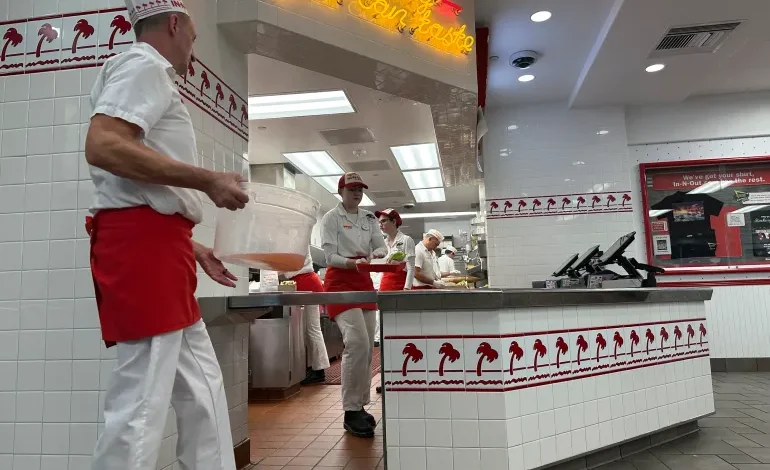Restaurant employees are warning that recent tax policy changes, which eliminate taxation on tips below a certain threshold, are being offset by simultaneous cuts to essential benefits—leaving many workers worse off financially.
Under the new regulation, tipped workers earning less than $20 per month in gratuities no longer need to report tips for taxation. Although initially hailed as a victory for low-income workers, the change coincided with reductions in employer-provided health insurance, paid sick leave, and retirement contributions across the hospitality industry.
Many workers now report that the savings from reduced tax liability are overshadowed by higher out-of-pocket expenses for medical care and increased financial insecurity driven by reduced benefits.
“I save a few dollars in taxes each month,” said one waiter, “but I’m paying more than that in health premiums and missing paid leave.” Others noted that lower benefits make it harder to handle unexpected expenses or take time off for illness.
Industry advocates are urging lawmakers to reassess the combined impact of these measures. They argue that meaningful wage reform must address both taxation and benefits holistically, rather than delivering piecemeal adjustments that leave employees struggling.
Supporters of the policy maintain that lowering tax burdens on tipped income promotes economic activity and simplicity. However, business associations and hospitality groups have signaled openness to dialogue on ensuring workers’ overall compensation remains fair and competitive.
With input from Al Jazeera.










The latest news in your social feeds
Subscribe to our social media platforms to stay tuned